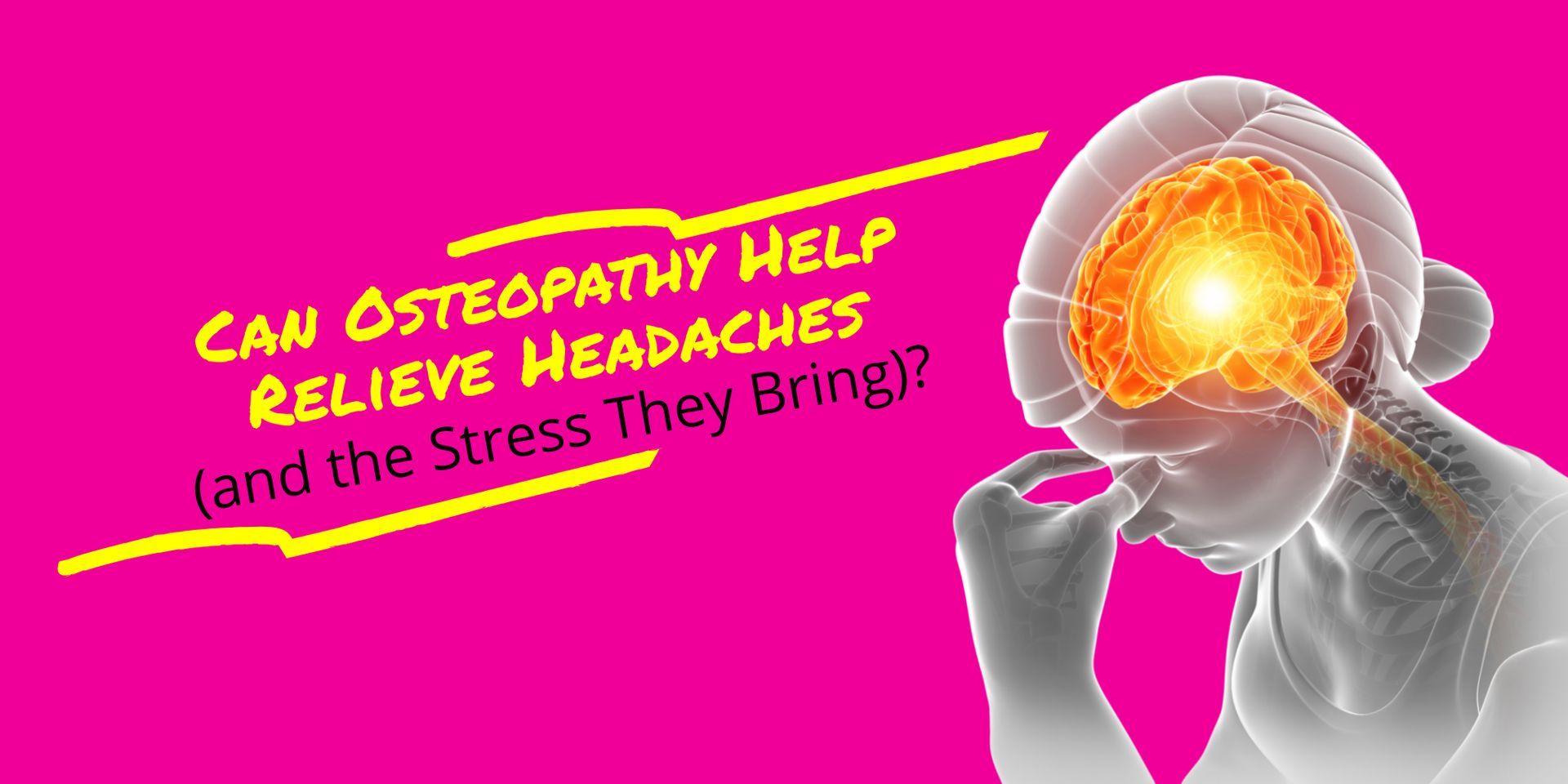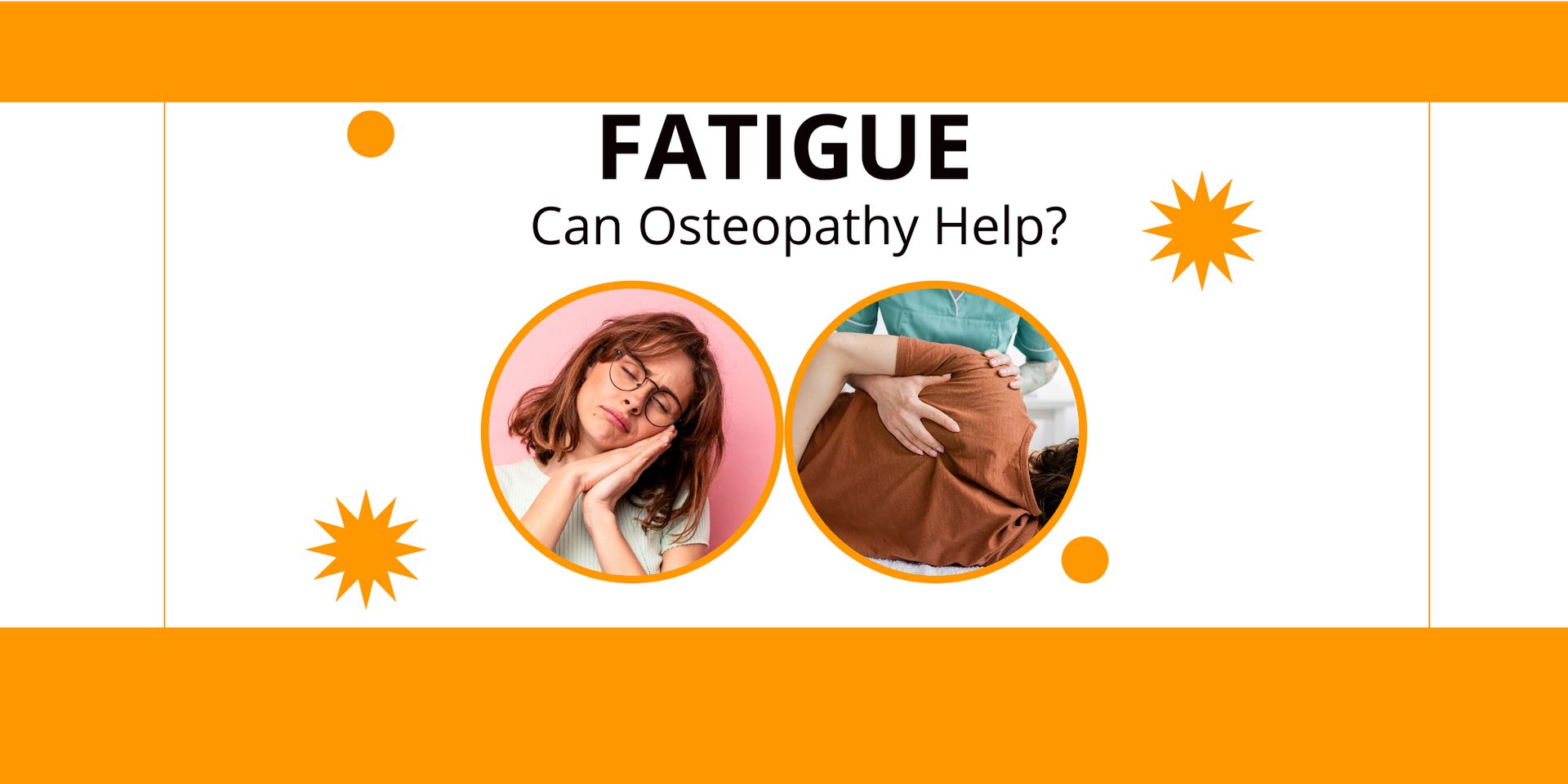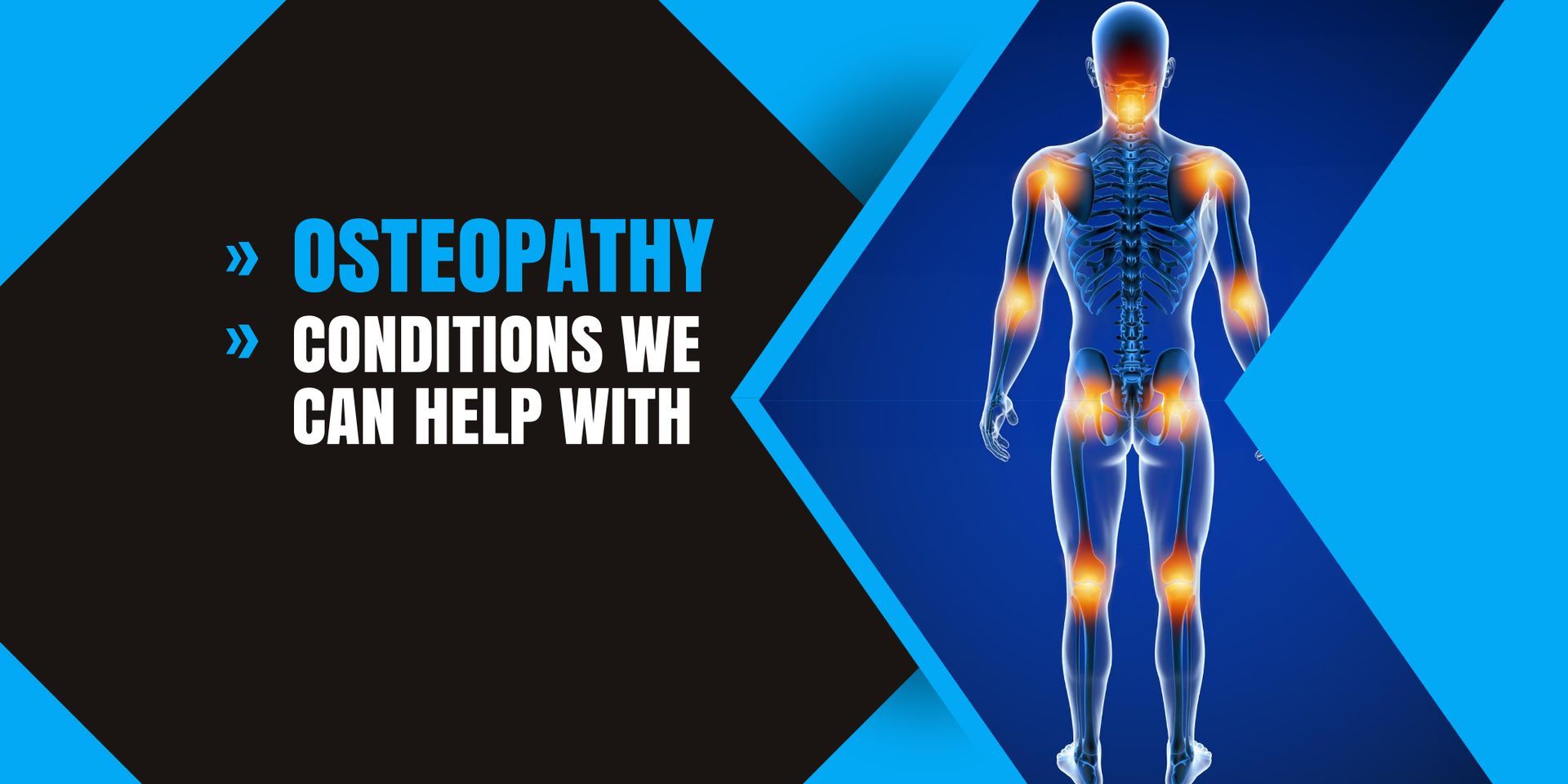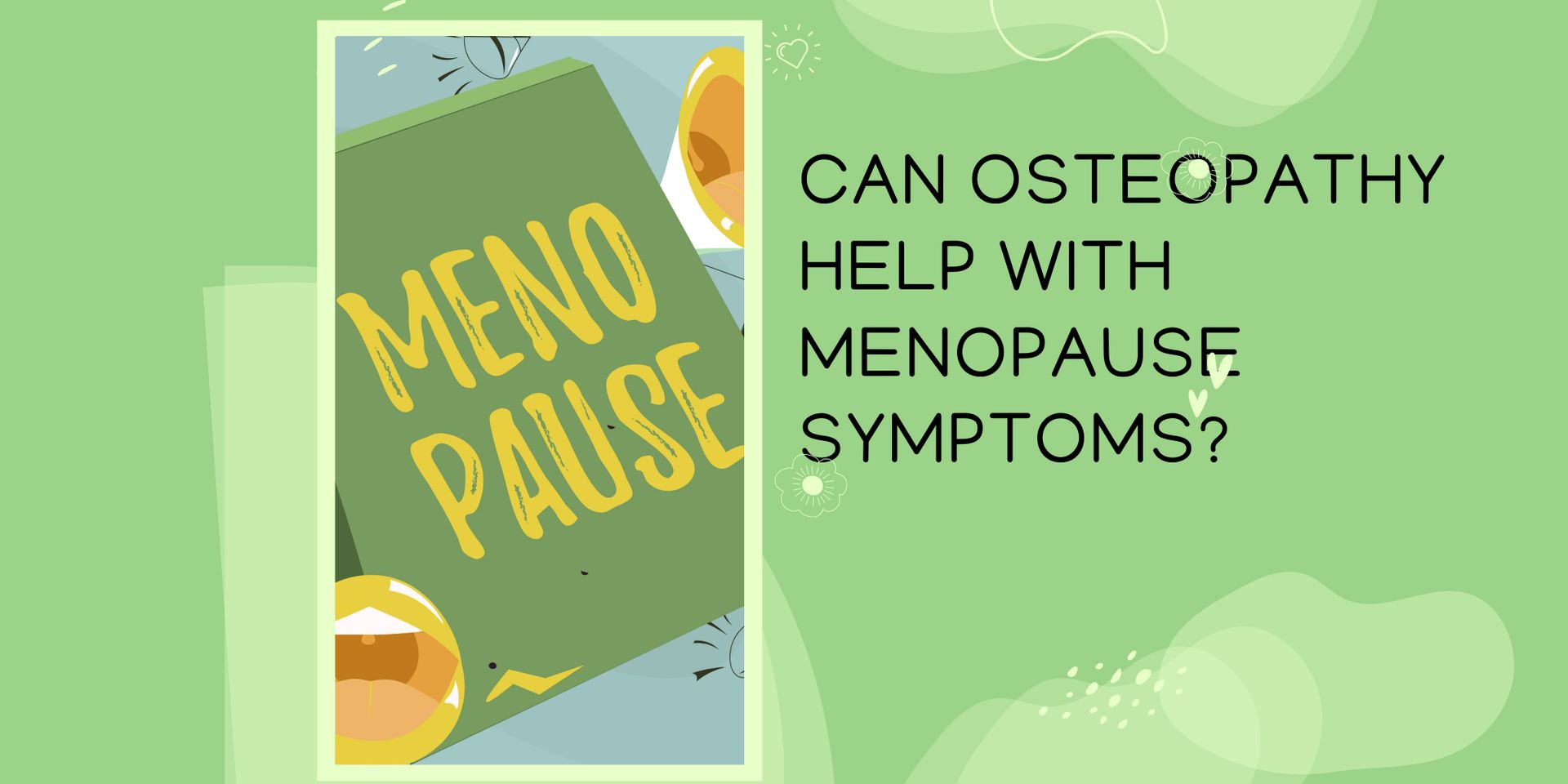What is nerve pain
Your nervous system is responsible for carrying messages from the brain to different parts of your body

What is nerve pain?
Nerve damage is a common cause of chronic pain and can significantly reduce an individual ’ s quality of life.
There are a number of reasons why damage to a nerve can occur including certain medical conditions such as diabetes or injury.
Your nervous system is responsible for carrying messages from the brain to different parts of your body. It helps to regulate breathing, control your muscles and temperature regulation.
The human body comprises three types of nerves. Autonomic nerves regulate the involuntary or partially voluntary activities of your body such as your heart rate, digestion process and blood pressure.
Motor nerves are responsible for controlling your movements by carrying messages from your brain and spinal cord to your muscles and finally sensory nerves relate information from your skin and muscles back to your spinal cord and brain. These messages are then translated to enable you to feel pain and other sensations.
Nerve pain can occur when nerves become compressed, inflamed or trapped. This might cause a variety of symptoms such as a feeling of pins and needles in the affected area, weakness, numbness and debilitating pain.
Nerves are present throughout the human body and so it follows that nerve pain can also be experienced anywhere. However, most commonly people complain of nerve pain in their neck, spine and buttock area.
Nerves can become trapped or compressed when small joints within the spine become inflamed. This can be caused by tight muscles, bulging spinal discs, inflamed ligaments and pregnancy. The latter is caused as a result of weight gain.
Symptoms usually vary depending on the nerve that is damaged.
Damage to motor nerves, for example, might cause the sufferer to feel weakness, paralysis, twitching or muscle wasting; and sensory damage typically causes pain, numbness, a burning sensation, tingling or sensitivity.
Many people turn to osteopathy to help relieve their nerve pain. This form of treatment will seek to reverse nerve compression by articulation and manipulation techniques to increase the gaps between the vertebrae. Treatment might also involve muscle relaxation techniques of the muscles responsible for compressing the nerves that produce pain signals.
An osteopath will usually agree a programme of treatment depending on your individual circumstances.
To receive a specific diagnosis for the nerve pain, it is always advisable to contact your Osteopath in the first instance so you can undertake the necessary medical checks that will ensure you receive the most appropriate care and attention
I hope you found this article useful. Nerve pain can severely limit enjoyment of life but the good news is that in most cases, this pain can be alleviated with the right help.







